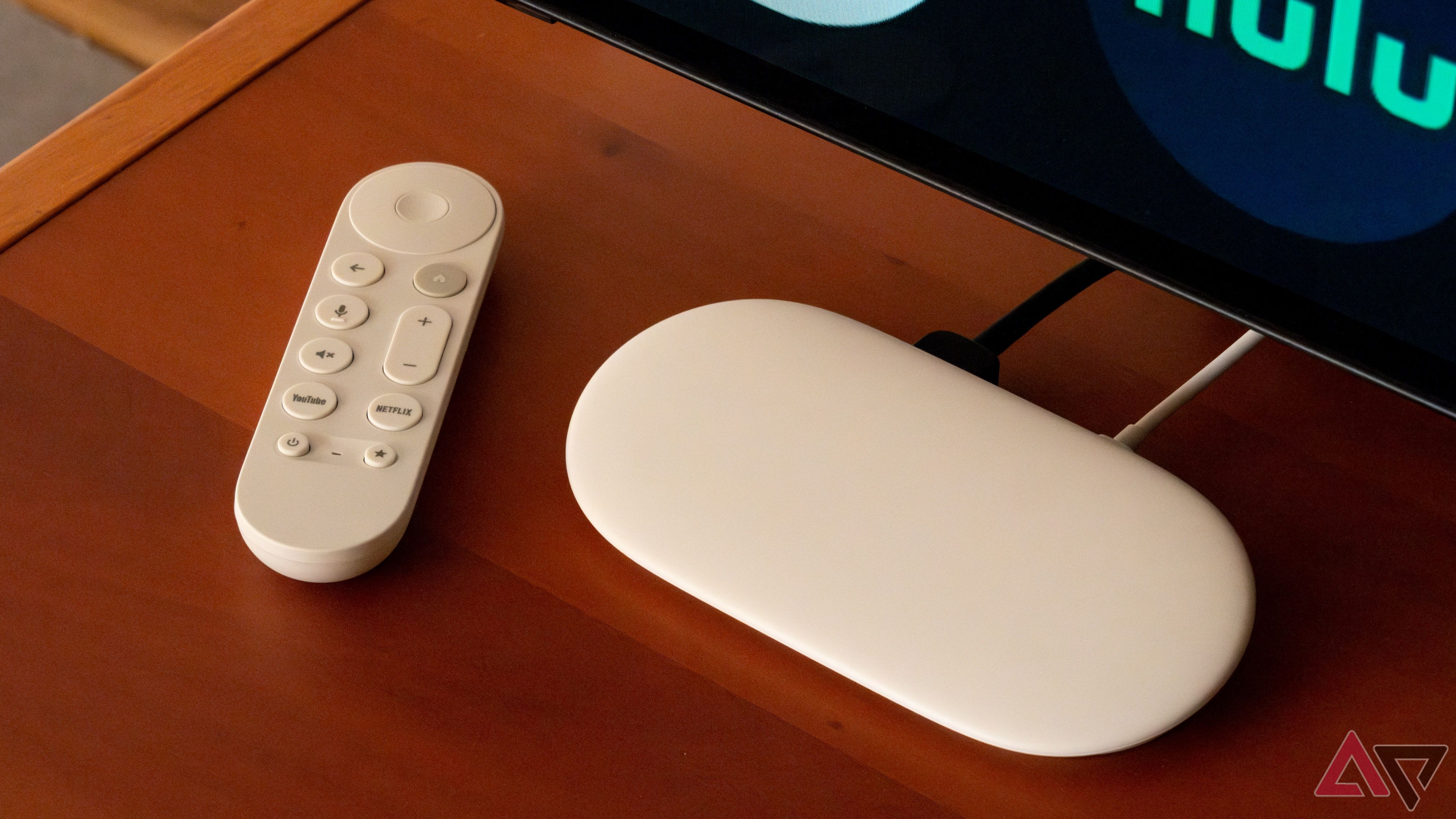I’ve covered the tech industry for a long time, but the state of smart speakers in 2024 baffles me. Home audio and voice assistants are better than ever, especially with Dolby Atmos and generative AI in the picture. Yet the pace of new smart speaker launches has come to a crawl. With Google, it’s been over four years since the launch of the Nest Audio and five years since the Nest Mini. You can forget about high-end audio from the company since the Google Home Max was discontinued in 2020.
There are rumors of a new Nest Audio and Nest Hub Max, but we’re in late fall 2024 with nothing new on shelves. What happened? We need new Nest speakers now more than ever, and hopefully, someone can get the message through to Google’s C-suite.
The profit problem
Why smart speakers aren’t flourishing anymore
From a business perspective, the major issue with smart speakers is profit potential. When Amazon launched the Echo lineup, it kept hardware prices low since it imagined many people would use their speakers for shopping. You can still shop on an Echo, including the recent Echo Spot, but that strategy was doomed to fail.
Few people are ready to buy a product sight unseen. Besides music and movies, people want to use voice assistants for timers, the weather, smart home control, and answers to obscure knowledge questions. It’s tough to monetize people asking if Abe Vigoda is still alive. Still, Amazon needs to pay for cloud servers and a support team to make it happen.
A solution for both companies might be releasing new speakers at a higher price.
Google’s strategy has largely echoed Amazon’s. The only way Google can extract money from current Nest Audio and Hub owners is by getting them to pay for YouTube Premium. Fewer people shop through their Nest speaker since there isn’t a Google equivalent of Amazon Prime.
A solution for both companies might be releasing new speakers at a higher price, but that’s risky. People are used to relatively cheap smart speakers. Without dramatic new features, people might cling to what they have for a few years longer.

Read our review
Amazon’s Echo Spot (2024) packs a tiny screen in a stylish design that looks great in any room
Upgrade your speaker with a small display
Why Google needs to release new Nest speakers anyway
The rest of the ecosystem demands it
If nothing else, Google needs new speakers for Gemini, its generative AI platform. The company’s Nest devices are still stuck with Google Assistant. However, it can’t take advantage of Gemini’s broader knowledge synthesis, growing availability on smartphones, and ability to interpret and execute complex commands. You can ask Google Assistant to turn off the kitchen and living room lights, but it will disappoint if you ask about planning a trip to Berlin.
Eliminating the disjunction between Android phones and Google Nest devices must be a priority. If voice commands on one platform don’t work on the other, it could confuse customers and discourage them from buying products or trying features.
If nothing else, Google needs new speakers for the sake of Gemini.
Also, there’s a lack of integration between Nest speakers and Google TV, whether you use a set with the tech built-in or an add-on streamer. You can use Nest speakers to control your TV (I have a “movie night” automation), but you can’t pair any of them as TV output. Google never solved the video sync problem, which makes no sense given the potential for selling people on a Nest-based home theater system. Apple and Amazon let you pair their speakers with their media streamers, which can be a competitive advantage. Many Apple TV 4K owners buy dual HomePods to get wireless sound.
Google’s Nest lineup is old enough that it misses some common standards. Primarily, Dolby Atmos, but there isn’t spatial audio support, and the most recent Bluetooth version is 5.0. The Nest Audio also doesn’t support Wi-Fi 6. I’m sure an overhauled version would adopt a USB-C port instead of a proprietary DC power jack. On the plus side, some Nest devices received Matter and Thread through software updates.

Read our review
The Google TV Streamer is a better Chromecast, but not much more
At twice the price of Google’s last 4K streamer, I expected better
A breath of fresh air
Fingers crossed for something soon
Source: Google
These factors lead me to think that a refresh will come in the next several months. There are many signs of aging with the current lineup. If an update doesn’t happen soon, Google may have to admit defeat and stop selling speakers. That sounds extreme, but it’s hard to argue with when you stack Google’s lineup with rival speakers from Apple, Amazon, and Sonos. Apple is rumored to be preparing a revamped smart home effort, in which case Google’s products might quickly look like antiques.
If an update doesn’t happen soon, Google may have to admit defeat and stop selling speakers.
I’m sure Google has been wrestling with this problem internally for some time and may be waiting for rivals to make the first move. But it’s been so long since I’ve seen anything new that I’ve run out of patience. At the moment, I wouldn’t contemplate buying Nest devices for a sound system.
When might we see new Nest speakers?
While Google could drop an announcement out of the blue, it’s more likely to wait for a major event, given how long people have been waiting. In that regard, its next big opportunity will be the Google I/O 2025 developer conference in May. If that window comes and goes, we may have to wait until the fall 2025 Pixel event, although there’s a non-zero chance of a separate Nest showcase.






GIPHY App Key not set. Please check settings